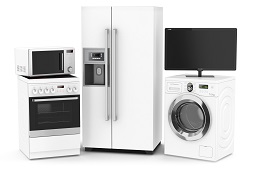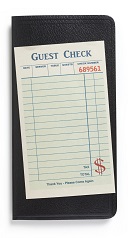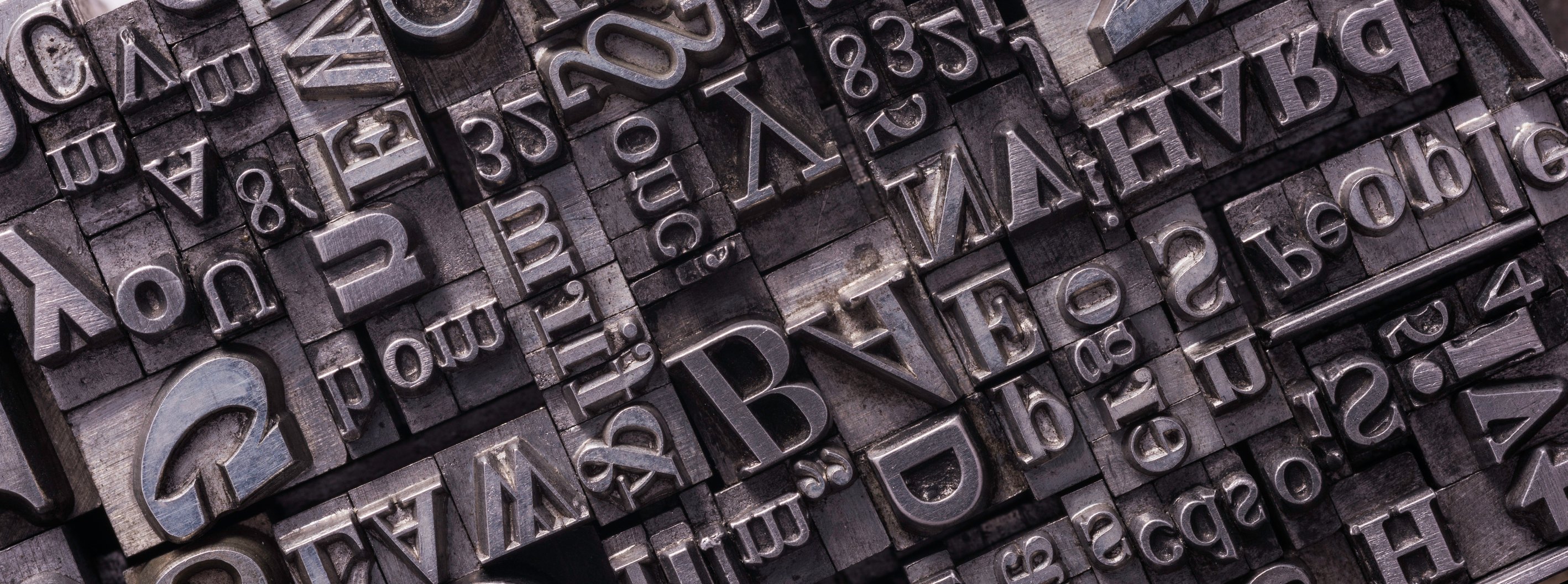 Consumers enjoy paying with debit and credit cards because they offer the convenience of not having to carry large sums of cash and both are accepted at many merchant locations throughout the world. Debit cards are linked to a bank account, whether it is checking or savings. Credit cards can also be linked to a bank account, but often are not.
Consumers enjoy paying with debit and credit cards because they offer the convenience of not having to carry large sums of cash and both are accepted at many merchant locations throughout the world. Debit cards are linked to a bank account, whether it is checking or savings. Credit cards can also be linked to a bank account, but often are not.
Neither payment method is without its flaws. From the consumer’s point of view, debit card accounts can be drained of funds, and whereas credit cards generally have better fraud protection they too can be compromised. And merchants can expect to pay a combination of fees for each card swipe – and these rates are constantly fluctuating. To view current rates you can review Visa’s interchange reimbursement fees as well as MasterCard's.
In a follow up to a previous post, 5 Things You Can’t Buy with a Credit Card, below are some of the most common purchases for which we don’t recommend payment by debit:
1. Online Purchases
Just because a website accepts debit cards and displays the Visa, MasterCard, and/or Discover Card logo does not mean you should use your debit card. If fraudulent activity occurs, the Consumerist reports that it can take up to ten days for a bank to transfer funds back to the user’s account. Obviously that accumulation of time can be crippling to you – that is, if the bank can even confirm fraud occurred in the first place.
Picture this scenario: You purchase a historical artifact or sports memorabilia for a family member online just in time for Christmas. The merchant accepts your debit card but, as it turns out, also steals the information to drain your account. Then, while you’re waiting for your bank to confirm that you were defrauded and to replenish your account, your car’s engine blows up while driving in a blizzard. Only now there is no money in your account to pay the tow truck driver to rescue you.
Bottom line: The next time you are ready to checkout and buy now, don’t be afraid to put the debit card back in your wallet.
2. Big Tickets
 Debit cards generally have daily spending limits whereas checks, by comparison, do not. And here is another thing to consider – debit card purchases may be declined by the card issuer if the spending deviates from normal spending behavior.
Debit cards generally have daily spending limits whereas checks, by comparison, do not. And here is another thing to consider – debit card purchases may be declined by the card issuer if the spending deviates from normal spending behavior.
For example, if your customer usually pays with her debit card for smaller tickets such as gas and groceries and then all of a sudden she splurges at your establishment for new kitchen appliances or other big-ticket items, the card issuer will probably decline her purchase.
A moment ago you had a sale, and now you have a frustrated customer with no funds. On the flip side, when your customer writes you a check, does their bank decline the purchase if it’s not considered normal behavior?
3. Fix-It Professionals
Think of your most common handymen: Plumbers, HVAC repairmen, and electricians. These professionals are called upon because their expertise can keep your home or office operating efficiently. However, paying these professionals by debit card can be difficult – or impossible. This is because phoning in the card number is less secure since you are not present when they process the payment. And after hours, on the weekends or for emergency situations the repairman may not be able to call-in the payment to the office for approval. Plus, how often do these professionals carry around a card terminal to accept these payments? Chances are they only accept cash or checks.
4. Dining Out
 Think about it… many restaurants carry off the customer’s card when it’s time to pay. If a debit card leaves the customer’s sight to be swiped, there is a risk that the wait staff may compromise his personal financial information. This could be a catastrophe for the restaurant – or any business owner. Business Wire states, “fraud losses on all general purpose and private label, signature, and PIN payment cards reached $5.33 billion in the U.S. in 2012…[costing merchants] $1.92 billion.” When it comes down to it, you don’t want to be asked, “would you care for a side of debit card fraud with that?”
Think about it… many restaurants carry off the customer’s card when it’s time to pay. If a debit card leaves the customer’s sight to be swiped, there is a risk that the wait staff may compromise his personal financial information. This could be a catastrophe for the restaurant – or any business owner. Business Wire states, “fraud losses on all general purpose and private label, signature, and PIN payment cards reached $5.33 billion in the U.S. in 2012…[costing merchants] $1.92 billion.” When it comes down to it, you don’t want to be asked, “would you care for a side of debit card fraud with that?”
5. New Customers
Just like consumers should be wary of using their debit card, merchants accepting them should be cautious as well. Is the customer in good standing with the financial institution who issued the card? It’s difficult to know, especially with a new customer or one making a large purchase.
There is no one universally perfect payment method because they all have advantages and disadvantages. Some business types simply will not accept certain payment methods. Credit cards cannot be used for mortgages, college tuition, or lottery tickets, for example. Online merchants do not accept cash. Whether you’re a seasoned store manager or just starting your business, deciding on which payment methods to accept can be the difference in you earning a profit or suffering a loss.
Read the guide below to learn the pros and cons of the most common payment methods as well as hidden risks to consider for each method.



